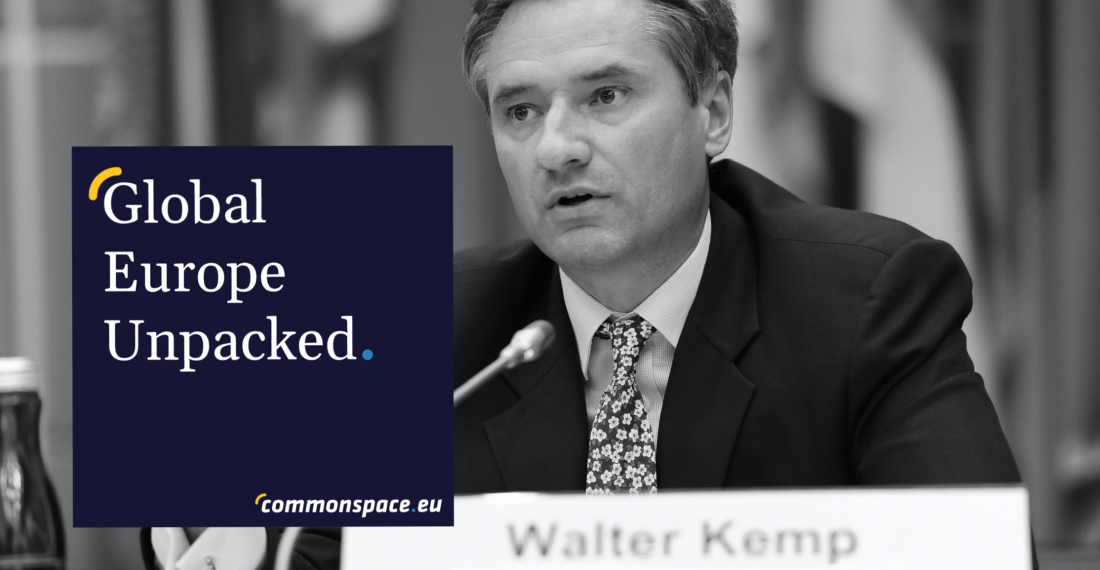"I think the problem is not with the principles or the commitments. The problem is that some governments have violated the principles or aren't living up to their commitments."
[The podcast is also available on all of the usual channels, including Apple Podcasts, Spotify and Google Podcasts]
In 1975 through the Conference on Security and Cooperation in Europe, 35 countries from across the northern hemisphere signed the Helsinki Final Act in an attempt to improve the détente between the Soviet bloc and the West. The Final Act acknowledged not only traditional aspects of state security, such as the inviolability of national frontiers and respect for territorial integrity, but also – for the first time for many of the signatories – that the treatment of citizens within a country’s borders affects security and is of legitimate national concern.
At the fall of the Soviet Union in the early 1990s, the Final Act served as the foundation for the establishment of the Organisation for Security and Cooperation in Europe (OSCE), which has become the world's largest security-oriented intergovernmental organisation. Its mandate includes issues such as arms control, promotion of human rights, freedom of the press, and fair elections. However, this year the OSCE experienced an organisational crisis with a vacuum in its four main leadership positions, which has raised questions about how the organisation is structured and whether it is still fit for purpose. With multilateralism as a core value of the European Union and the OSCE serving as the quintessential multilateral security organisation on the European continent, what happens with the OSCE concerns all of us living within the EU's borders.
In this episode of Global Europe Unpacked, I speak to Dr Walter Kemp – a Senior Fellow at the Global Initiative against Transnational Organized Crime, who has previously held a number of senior positions in the OSCE – about:
- the history of the OSCE and its goals;
- the wide-ranging indivisible principles of the organisation and whether they are still relevant;
- the consensus rule on decision making and how this affects the organisation;
- what we can expect from the incoming Swedish Chairmanship of the OSCE in 2021; and
- what can be done to ensure the OSCE remains as relevant and effective as possible going forwards.
The podcast can also be heard on Radio GIPA FM 94.3 in Tbilisi, Georgia.






